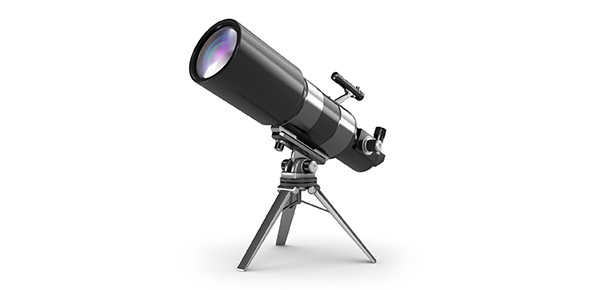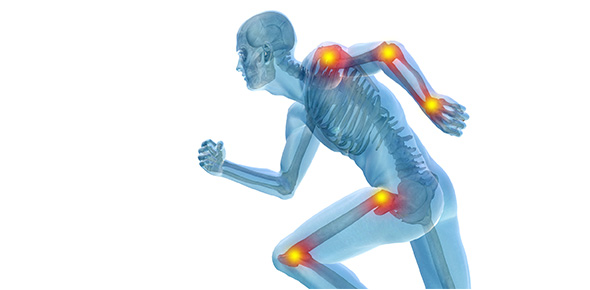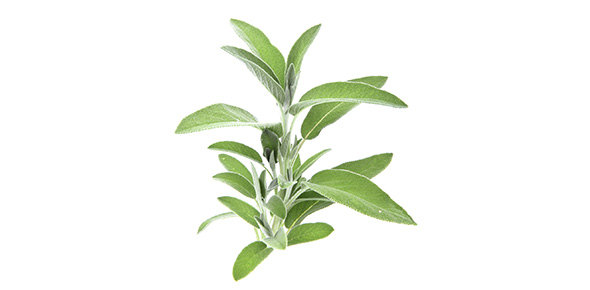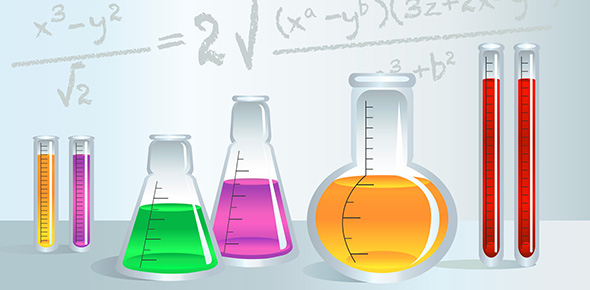Related Flashcards
Related Topics
Cards In This Set
| Front | Back |
|
Natural Selection
|
|
|
Requirements for
Natural Selection: (evolution by natural selection assumes…)
|
Variability
-there must be variability in genes and traits among t in population so
there can be differences in structure behavior Selection
pressuresTraits that work well w/ your environment enable
you to survive. must be pressure for one kind of trait to be beneficial.
Inheritance
mechanismPassed down through heredity over the yearsMust give positive trait to children. Lamarckism(Darwin believed)
creatures will grow to be more complex over time. Lamarckism (use-inheritance)- Darwin and
considered Genetics laterEvolution by natural selection is
random with no internal momentum; creates organisms suited only to current
environment, not “more perfect” creatures
|
|
Vestigial structures
and importance to Darwin
|
|
|
|
|
|
Personal vs.
Inclusive Fitness
|
|
|
Vervet monkeys and
calls
|
|
|
|
type of inherited pattern of behavior. movement toward of against a simple stimulus (inherited
pattern of behavior)
|
|
Fixed action patterns
and releasing stimuli
|
|
|
Imprinting and
critical (sensitive) periods
|
|
|
Tryon
behavior-genetics study
|
rat maze experiement. Those who did
well in the maze were interbred.
After a few generations, the two groups (those that did well and those
that didn’t) were very divided traits we magnified. Even within a few generations, a complex
behavior can be bred for or against and magnified. Can be applied to human intelligence
debate
BUT it is debatable if this exp. tests intelligence. Maze bright rats tend to be a lot more anxious and cautious
and neurosis more likely to be alcoholics.
People who are artists and creative people are more likely
to have substance abuse and mental disorders.
royalty interbreeding: people had hemophelia and mental retardation. |
|
Research on human imprinting
|
Do humans imprint?
NO human babies don’t have a rigid imprinting period. But we do absorb a lot of culture and habits when we are young. |
|
Types of mating
systems(5)
|
|
|
Rationale for sexual
reproduction
|
|
|
Advantage of sexual
reproduction
|
|
|
Sexual dimorphism
|
|







